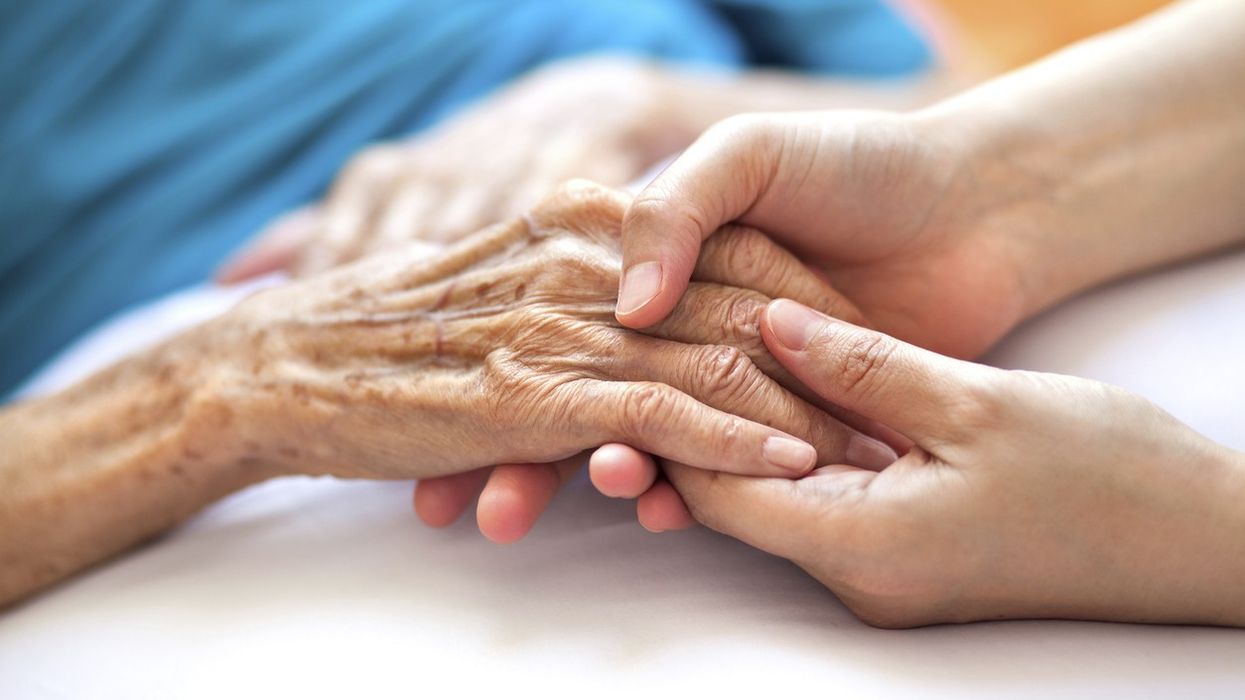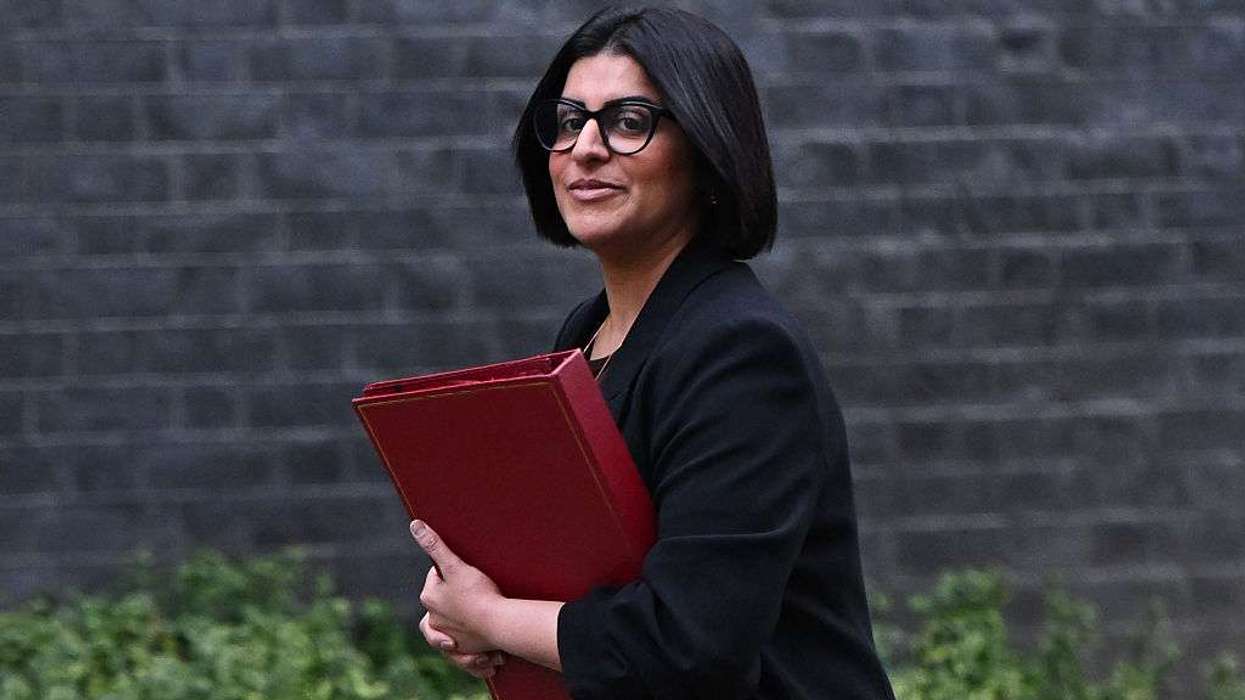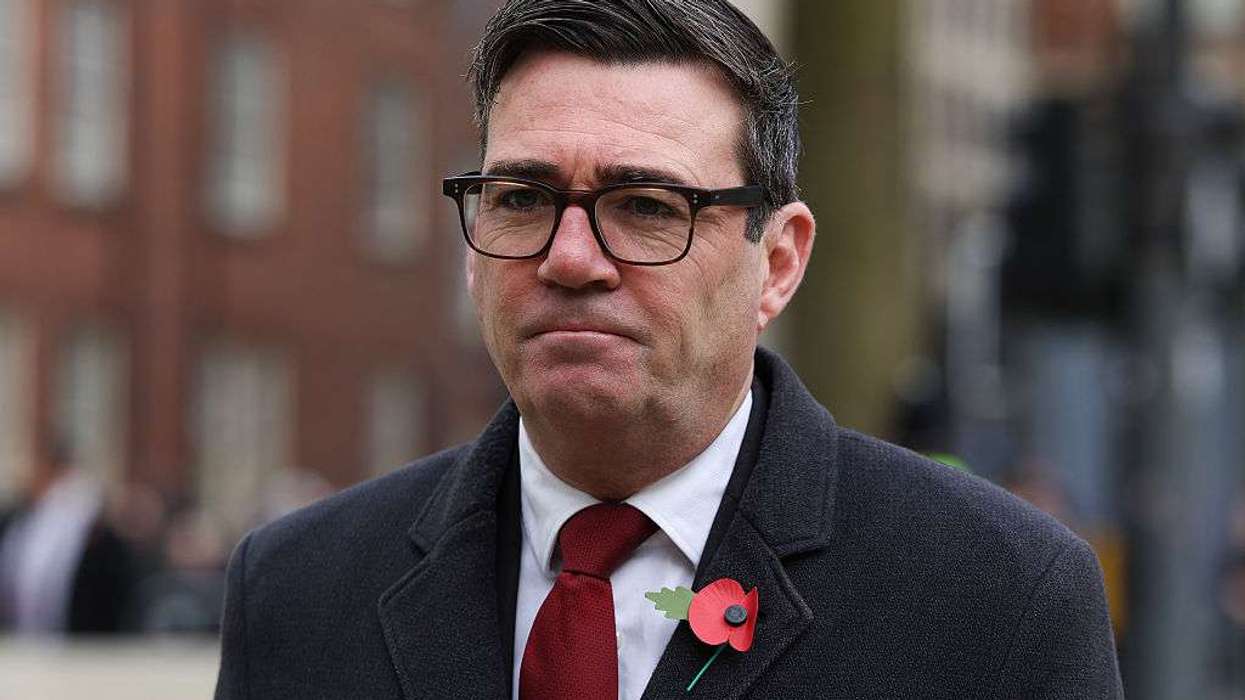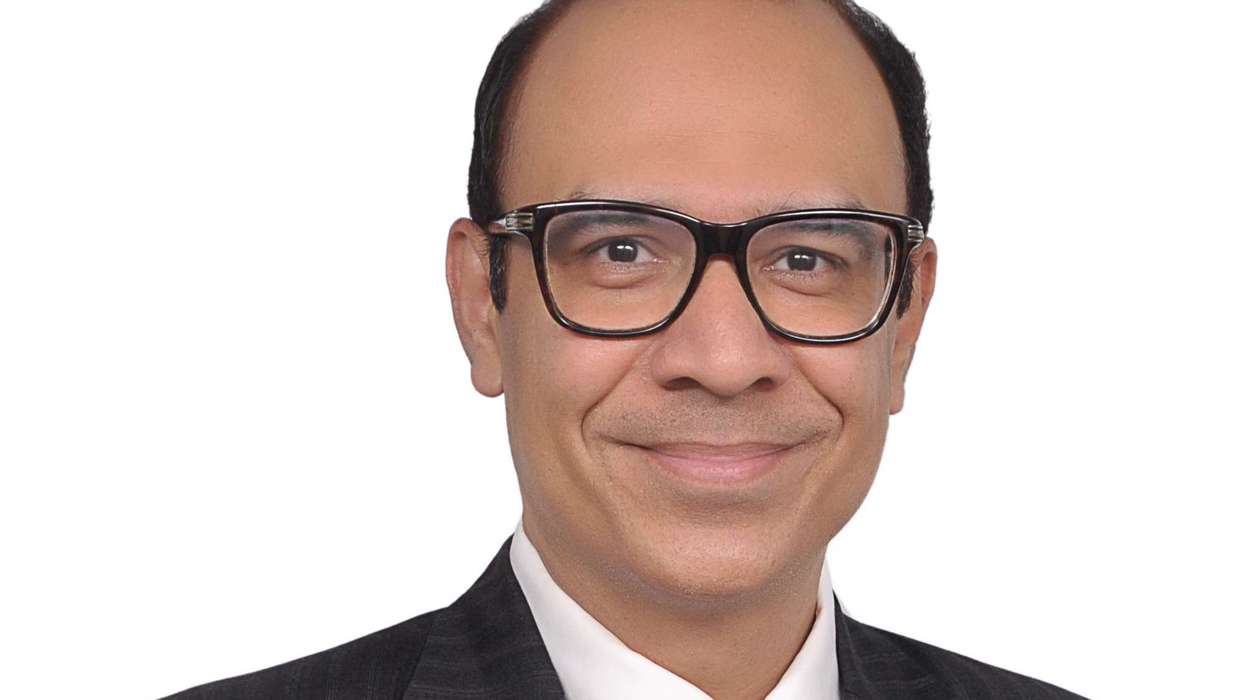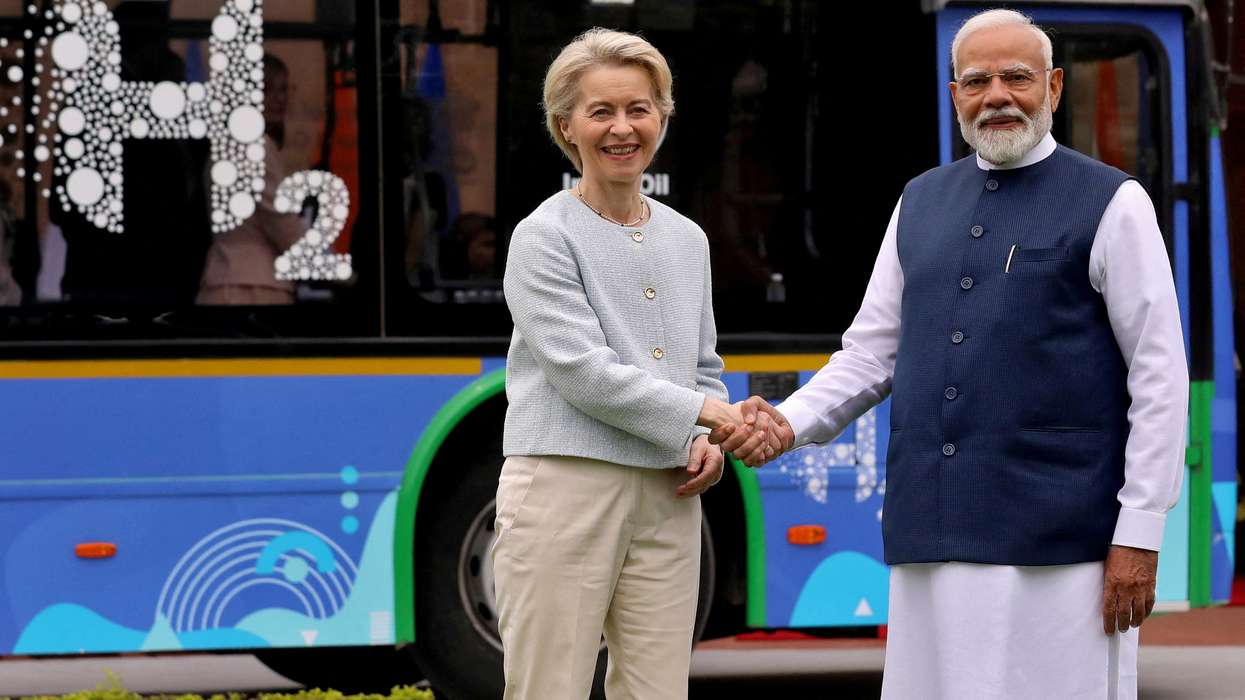THE NHS said on Thursday (19) it will not offer two new treatments for Alzheimer's disease, citing high costs and "too small" benefits.
Donanemab and Lecanemab have been hailed as breakthrough treatments for slowing down the symptoms of early-stage Alzheimer's, the most common type of dementia.
They are active substances used to treat adults with mild memory and cognitive problems. They target a cause of the disease by binding to amyloid, a protein which builds up in the brains of people living with Alzheimer's, rather than just treating the symptoms.
According to NHS spending watchdog NICE, the medicines have been effective in delaying the progression from mild to moderate Alzheimer's by four to six months.
But, the benefits were "too small to justify the additional cost to the NHS".
Last year, NHS England suggested in a briefing that the cost of bringing the drugs to the service could be £500 million to £1 billion per year.
Donanemab is sold as Kisunla by American pharma giant Eli Lilly and Lecanemab as Leqembi by Japan-based Eisai. Both labs have said they will appeal the decision.
Chris Stokes, Eli Lilly UK and Europe president said: "If the system can't deliver scientific firsts to NHS patients, it is broken."
Both treatments were approved last year by the UK's medicines regulator for treating early stages of Alzheimer's.
Donanemab is advertised as costing between £60,000 and £80,000 per year, according to Alzheimer's Research UK.
In April, Leqembi became the first such medicine approved for sale in the EU based on its health watchdog's endorsement following initial misgivings.
"Naturally, there is disappointment that the first breakthrough treatments won't be available on the NHS," said Siddharthan Chandran, director of UK Dementia Research Institute.
However, he said the drugs paved the path for "more affordable and effective treatments and diagnostics".
"NICE is simply doing its job," said Atticus Hainsworth, professor of Cerebrovascular Disease at the University of London.
He added however that the new drugs had shown that "the needle can be moved in dementia" treatment.
(AFP)
